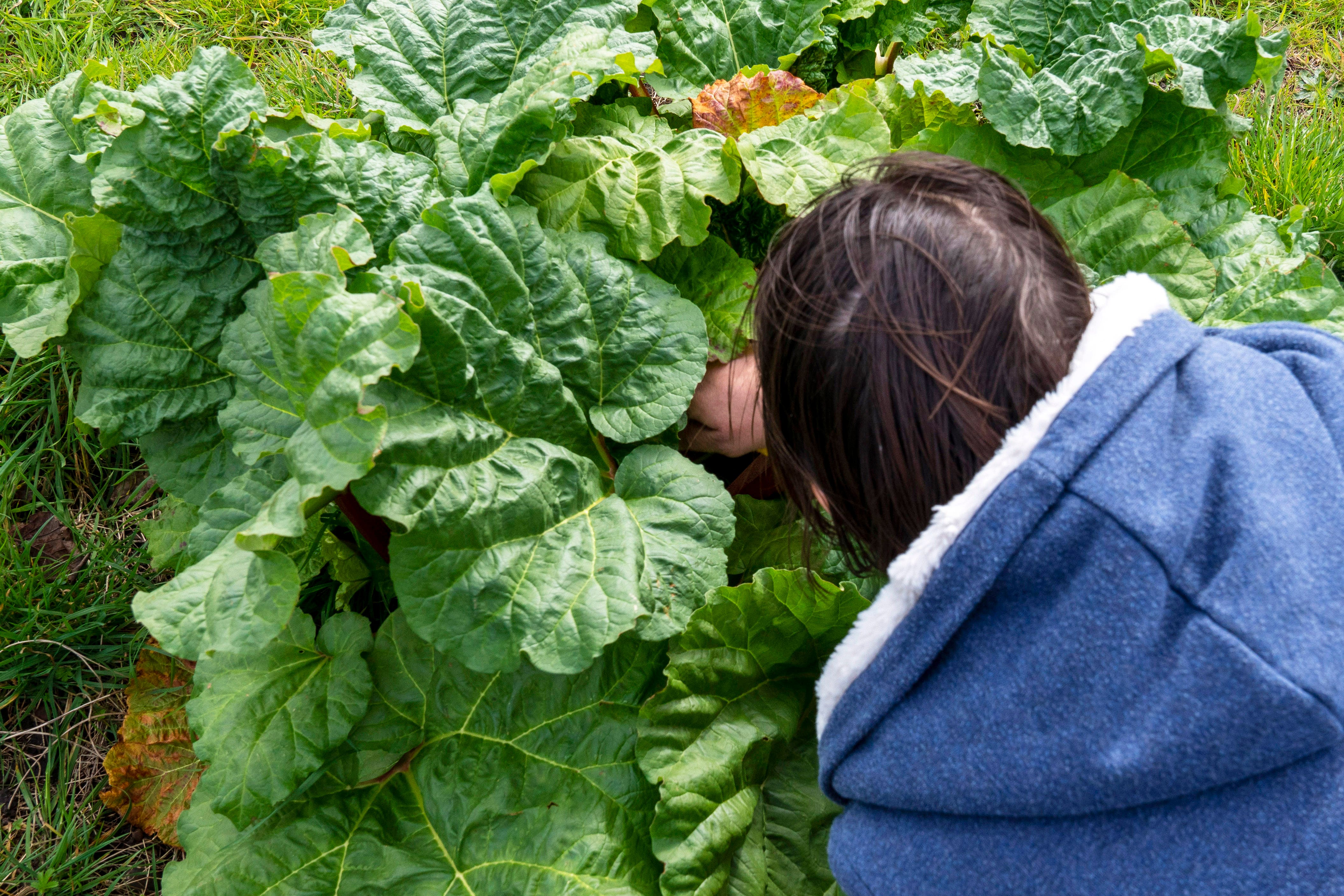Homegrown fruit and veg makes for healthier diet and less waste, study suggests
Researchers said greater access to growing space is needed to improve health as well as the UK’s food security.

Your support helps us to tell the story
From reproductive rights to climate change to Big Tech, The Independent is on the ground when the story is developing. Whether it's investigating the financials of Elon Musk's pro-Trump PAC or producing our latest documentary, 'The A Word', which shines a light on the American women fighting for reproductive rights, we know how important it is to parse out the facts from the messaging.
At such a critical moment in US history, we need reporters on the ground. Your donation allows us to keep sending journalists to speak to both sides of the story.
The Independent is trusted by Americans across the entire political spectrum. And unlike many other quality news outlets, we choose not to lock Americans out of our reporting and analysis with paywalls. We believe quality journalism should be available to everyone, paid for by those who can afford it.
Your support makes all the difference.People who grow their own fruit and vegetables eat more than their five-a-day and waste much less than households that only buy, according to a new study.
Researchers from the University of Sheffield said improving access to growing will make people healthier, cut waste and make the UK more self-sufficient.
Their study, published in the journal Plants, People, Planet, found those who grow their own food produce half of the vegetables and a fifth of the fruit they consume annually.
They also ate on average 6.3 portions of their five-a-day, compared to the UK national average of 3.7, and threw away 95% less fruit and veg compared to the average household.
Author of the study Dr Zilla Gulyas said: “Eating at least five portions of fruit and vegetables a day is associated with significantly decreased risks of developing health issues like obesity, heart disease, type 2 diabetes and certain types of cancer, and could help prevent associated deaths and cut healthcare costs worldwide.
“Our new study highlights the role that growing fruit and vegetables at a household scale could play in increasing their consumption.”
The team recruited 197 people growing their own food in allotments or home gardens in July 2020 and asked them to keep a year-long record of their production, purchases, foraging, donations and waste.
By February 2022, 85 of these had submitted complete records covering at least 80% of the year.
People grew more food if they had larger gardens or visited allotments more often, with the researchers concluding that increasing the amount of space available or promoting active engagement and skill development can allow people to produce higher yields.
Dr Gulyas said: “We need to find ways to overcome socioeconomic challenges to upscaling household food production, especially among those most affected by low fruit and vegetable intakes, like low-income families.
“Increasing the amount of space available to UK households to produce their own food is essential to this, especially given the steady decline in allotment land nationally.”
Global food security is one of the biggest challenges we will face in the future, therefore it's crucial that we find new ways to increase the resilience of the UK food system
The researchers said that wide adoption of homegrown fruit and veg could provide up to 5.5% of the national supply, compared to the 18% produced during the Dig For Victory campaign in the Second World War.
This would need greater access to growing spaces, they said, with lower-income families less likely to have space while the number of allotments has been declining over the decades.
Dr Jill Edmondson, the study co-author, said: “Global food security is one of the biggest challenges we will face in the future, therefore it’s crucial that we find new ways to increase the resilience of the UK food system.”
She said the study provides the “first long-term evidence” of the role that household food production could play in “promoting healthier diets through self-sufficiency and adds important support to any policy making that seeks to expand household-level fruit and vegetable production”.